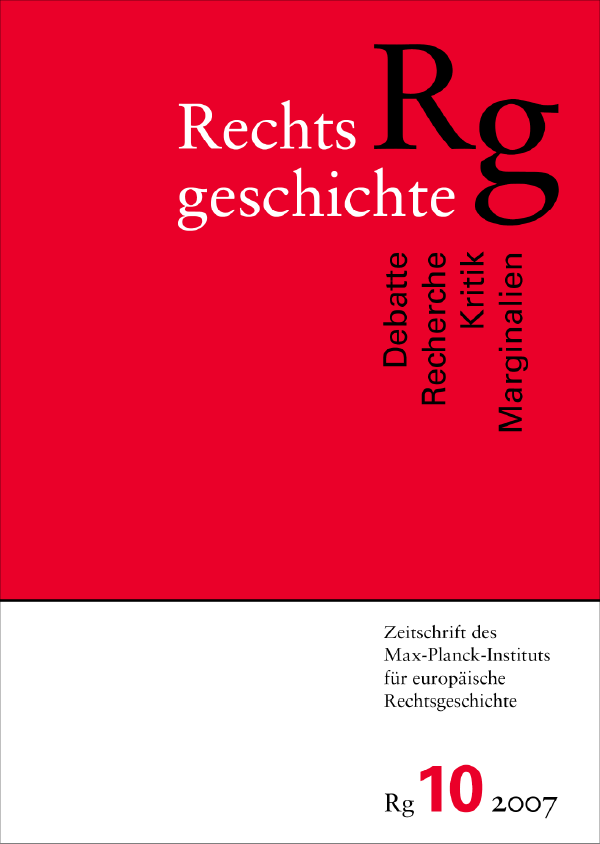Pardoning in Nineteenth-Century Finland
At the Interface of Early Modern and Modern Criminal Law
DOI:
https://doi.org/10.12946/rg10/152-168Abstract
During the last few years many new studies on the history of pardoning in the early modern period have questioned the old conception of pardoning merely as an expression of a ruler’s mercy. Now, the system of pardoning is seen rather as an institutional framework for the condemned and the authorities to negotiate for the punishment. However, the 19th century pardoning systems and practices still seem to be a reasonably uncovered area. This article shows that the pardoning practice of 19th century Finland still embodied features of early modern criminal law. Pardoning was used to take into account mitigating circumstances, the social capital of the petitioners was important for the outcome, and the procedure involved symbolism. On the other hand, modern features also appeared. Local community had lost its influence on the procedure, pardoning power was to a large extent delegated to the judicial authorities with clear guidelines, and fiscal interests were no longer involved in the pardoning system. The article also shows that the reforms carried out in the Finnish criminal law during the 19th century had a clear impact on the pardoning practice. Pardoning began to lose its significance. However, the pardoning system did not simply give way to the standards of modern criminal law. On the contrary, it functioned as an important transitional tool for modernizing the material criminal law.
Downloads
Veröffentlicht
Zitationsvorschlag
Ausgabe
Rubrik
Lizenz
Copyright (c) 2007 Autor/in

Dieses Werk steht unter einer Creative Commons Namensnennung - Nicht-kommerziell - Keine Bearbeitung 3.0 International -Lizenz.





